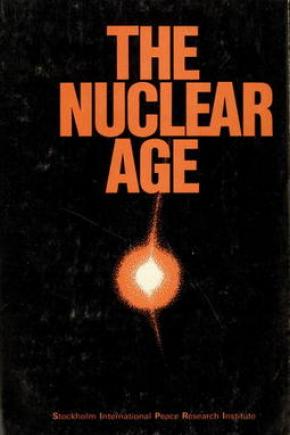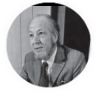The Nuclear Age
The economic and technical restraints on the production of nuclear weapons, once severe, have steadily decreased. And a number of states have, through peaceful nuclear programmes, now accumulated the technical expertise and knowledge, and the fissile material necessary to produce nuclear weapons. As the Indian nuclear explosion shows, cost is no longer a restraint—at least for countries with significant peaceful nuclear programmes. As time passes the number of such states will grow. Whether or not these states will take up their nuclear-weapon option in the future will depend mainly on political considerations. For many states the main political barrier to proliferation is the Nonproliferation Treaty. But unless this Treaty is reinforced it is unlikely to survive for long as a workable instrument. If this is not achieved, then we can very probably look forward to a substantial increase in the number of nuclear-weapon states during the next decade or two. And few doubt that a world of many nuclear-weapon states would be a very dangerous world indeed.
1. The future role of nuclear power in energy supplies
2. The nuclear fuel cycle
3. Plutonium production from nuclear-power reactors
4. Nuclear safeguards
5. Nuclear explosions for peaceful purposes
6. The NPT Review Conference
Appendix 1. List of states which have signed, ratified or acceded to the Treaty on the Non-Proliferation of Nuclear Weapons
Appendix 2. The members of the International Atomic Energy Agency
Appendix 3. Situation on 31 December 1974 with respect to the signature of, ratification of, or accession to the NPT by non-nuclear-weapon states, and the conclusion of safeguards agreements between the Agency and these states in connection with the NPT
Appendix 4. Agreements providing for safeguards
Appendix 5. UN Security Council resolution 255, of 19 June 1968 Appendix 6. Text of the Treaty on the Non-Proliferation of Nuclear Weapons

